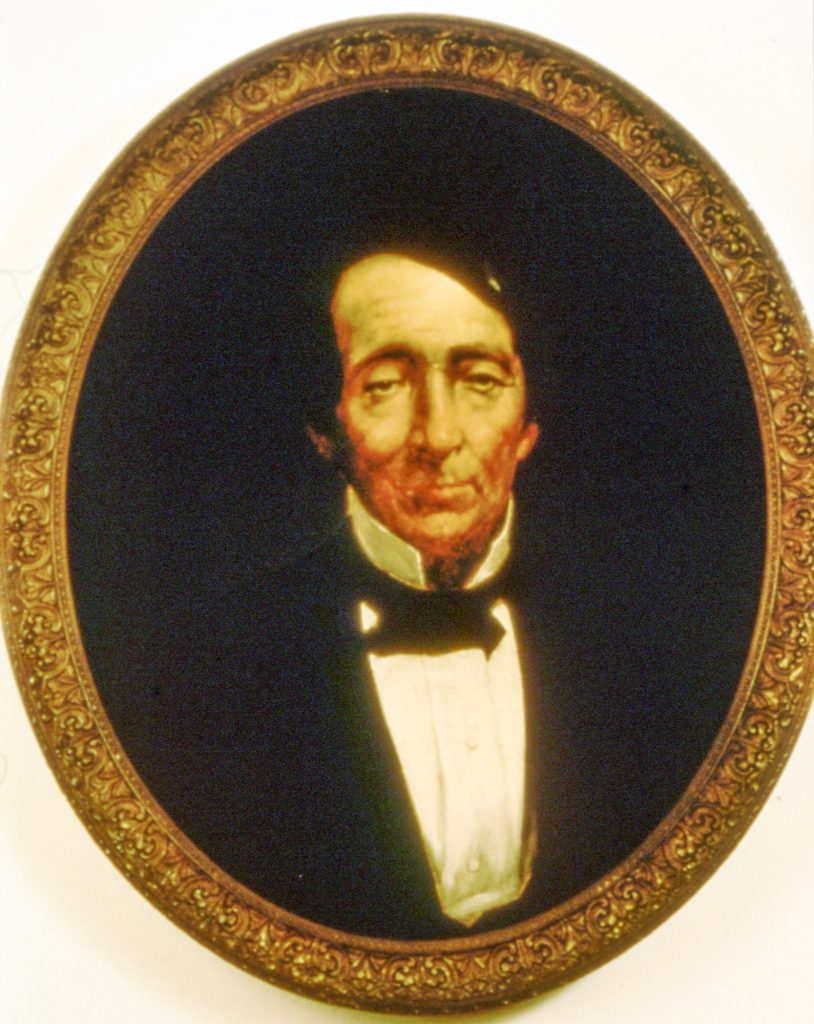The third of four children born to Humphrey and Frances Marks,Alexander was brought up in Charleston, where his family belonged tothe community around Kahal Kadosh Beth Elohim.
Amongthe earliest documents of Alexander’s life has him defendinghimself in court against the accusations of one Solomon J. Cohen.According to the latter, Alexander had “shamefully said that I wasa damn rascal and thief and was undeserving of the appellation of anofficer.” When he protested, Alexander allegedly drew his sword andmade violent threats. Though the outcome of the case is unknown, thefollowing year Alexander spent some time in New York, where he metEsther Hart, daughter of Leah Nathan andJacob Hart, whom he would later marry.
Heserved in the War of 1812 as a sergeant in the ThirdRegiment (Rutledge’s) South Carolina Troops, and in 1816 marriedEsther in Charleston. The following year their first son, IsaacNewton, was born. He would be followed by thirteen more. They movedback and forth between New York and Charleston until 1828, when thefamily settled in Columbia, South Carolina.
InColumbia, Alexander set up a restaurant and bar, Marks’ Porter andRelish House on Richardson Street.Advertising in theState Gazette and Columbia Advertiser,Alexander wrote, “utmost care and attention have been paid tothe fitting up of the establishment for the accommodation of thosewho may feel disposed to patronize the same; and no exception shallbe wanting to contribute to the ease and comfort of those who mayplease to call.” In 1833 Columbia passed a blue law prohibitingany business to open on Sundays, about which many Jewish merchantswere displeased. Alexander was one of a number of Jewish businessowners to defy the law, insisting that their day of rest wasSaturday, not Sunday. He was prosecuted and convicted, and after theruling was upheld on appeal, Alexander moved his family to NewOrleans, where Esther’s brother Jacob, Jr. lived. Jacob andAlexander opened a wholesale grocery business, which prospered overthe years.
